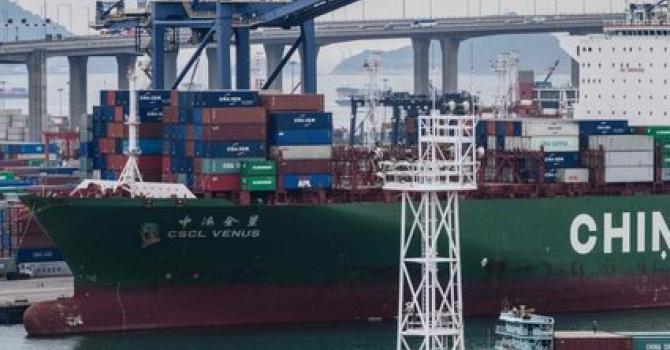SCMP: Why big data must be shared to realise Hong Kong’s smart city vision
Christine Loh says data transparency across government departments and access to information from private companies providing public services are needed to create a smart, sustainable city
Experts have warned that Hong Kong could slip behind in the use of big data. The challenge requires data sharing across government departments, so they can compare information and assess correlations for Hong Kong to function better across the board. Being a smart, sustainable city is all about maximising efficiency by saving as well as sharing resources.
Managing a city in the age of the internet of things requires governments to have the relevant data in the first place. In some cases, authorities have the data because essential services, such as electricity, water and transport, are provided by the public sector.
There are cases where all or some of those services are in private hands. Unless there are arrangements whereby private operators are required to provide the data to the authorities, accessing it is not easy.
In Hong Kong, electricity data belongs to private companies as power generation and supply are in private hands. While the electricity companies provide excellent services at a reasonable cost to users, they are not obliged to share all their data with the government. Now that energy saving has become a major part of the city’s climate-change efforts and creating a smart city is another policy objective, not having the data is an obvious hindrance.
The new schemes of control reached last year for the two electricity companies are more data transparent than before but there is room for improvement. Data for individual buildings would enable the government to draft sharper policies and help occupants be more energy efficient.
This contrasts with freshwater supply, which is provided by the Water Supplies Department, where the government has the full range of data to consider what it can do to save water. While it uses technology to identify leaks and get public water pipes fixed quickly, the department only stepped up dealing with private water pipe leaks after a highly critical Ombudsman report in 2015.
Another problem is the inability to raise water tariffs. The government is fully aware Hong Kong’s cheap water encourages wastage but fears legislators will object to any increase. So, the challenge in this case has not been the lack of data for analysis but the lack of will to deal with problems.
Mobility data presents other challenges. While the government is the largest shareholder of the MTR Corporation and can presumably access the data it needs, this is not the case for all other trips. Buses, minibuses, taxis and ferries are all operated by private companies. Small providers, such as minibus owners, may only collect minimal data.
Private companies providing public services say they can’t share data because of privacy issues or because it is commercially privileged information. In the case of water supplies, no one has complained about the government knowing how much water users consume or indeed waste. It is hard for the energy companies to make a case on privacy grounds. As regards whether releasing the data would lead to unfair competition between the two electricity providers, there could be arrangements whereby the full data could be given to the government on a confidential basis, which the government could then release publicly in a form that avoids unfair competition.
Transport data is mostly anonymous, although new services such as Uber don’t want anyone to access their personal ride histories. Even here, the companies can provide data without showing details about riders.
Data is king and it is a major policy issue for the government to work out with the private sector.
This article is written by Christine Loh, chief development strategist, Institute for the Environment, HKUST and board member of CDP Worldwide, London; and also Jade Yung who is a freelance content and creative writer. She writes about innovation in multiple disciplines, including arts and culture, wellness and sustainability.
The article has appeared on SCMP: https://www.scmp.com/comment/insight-opinion/article/2130050/why-big-data-must-be-shared-realise-hong-kongs-smart-city




